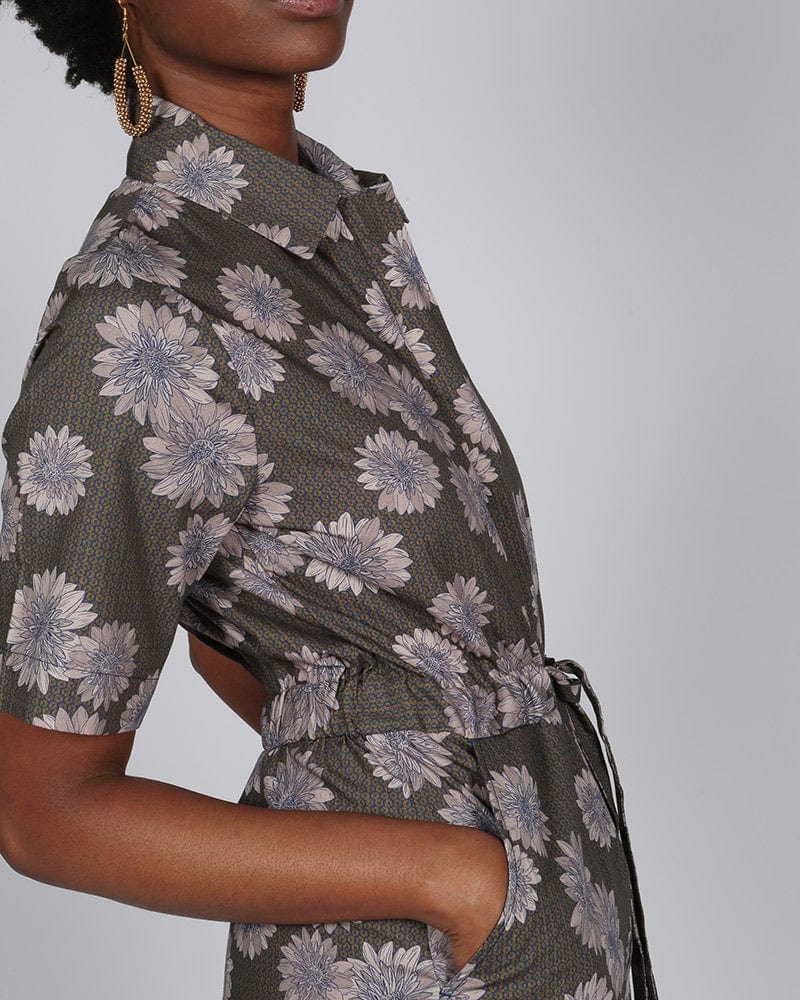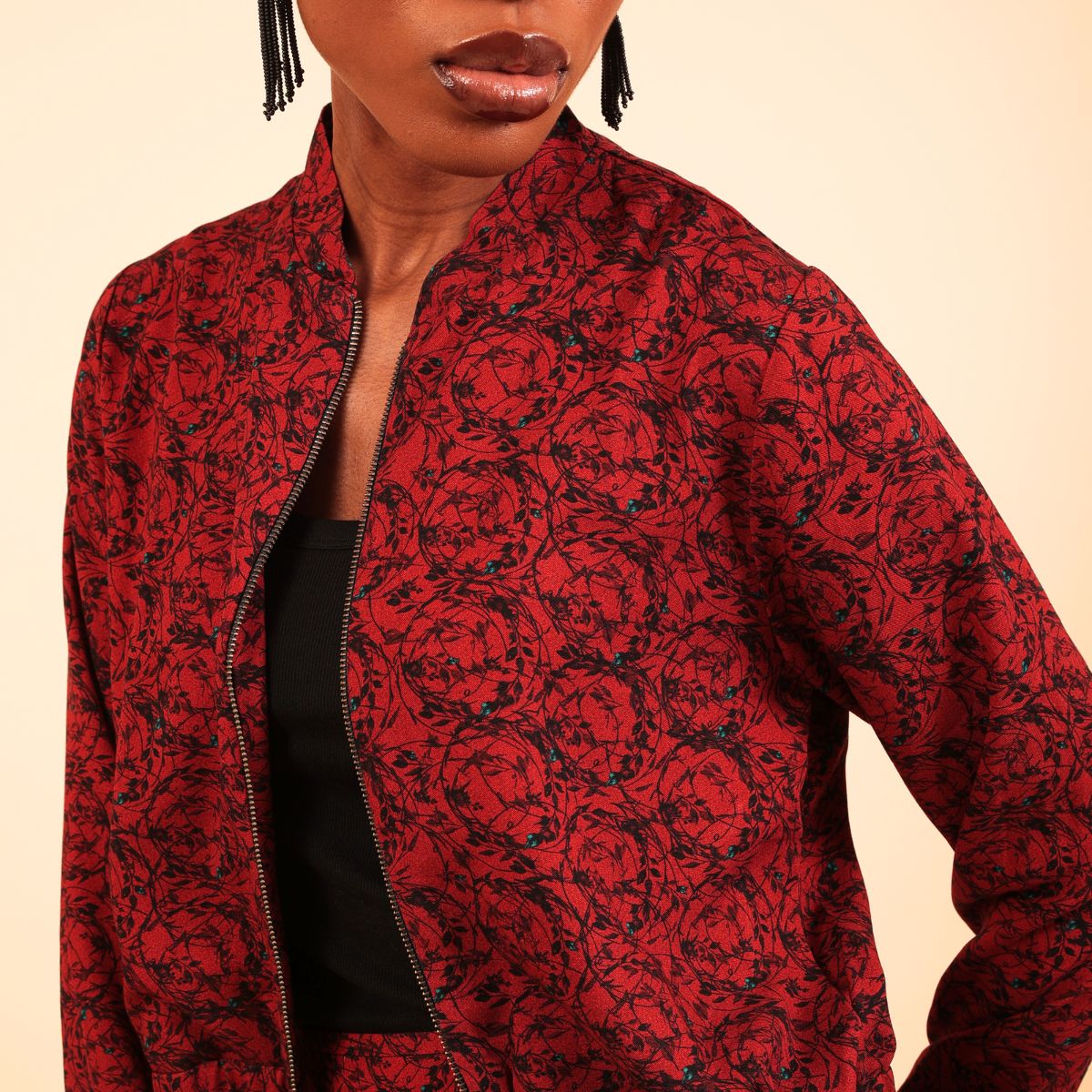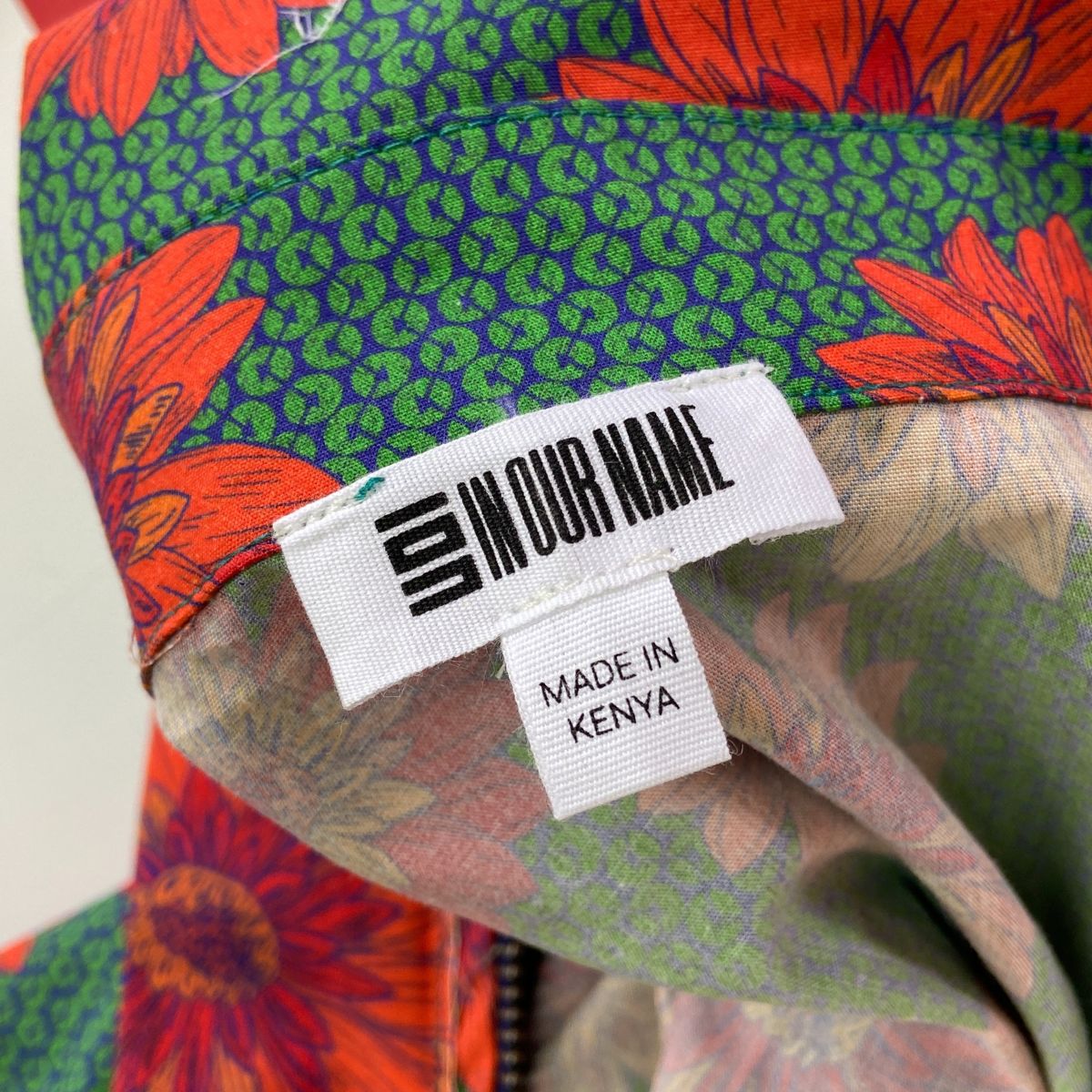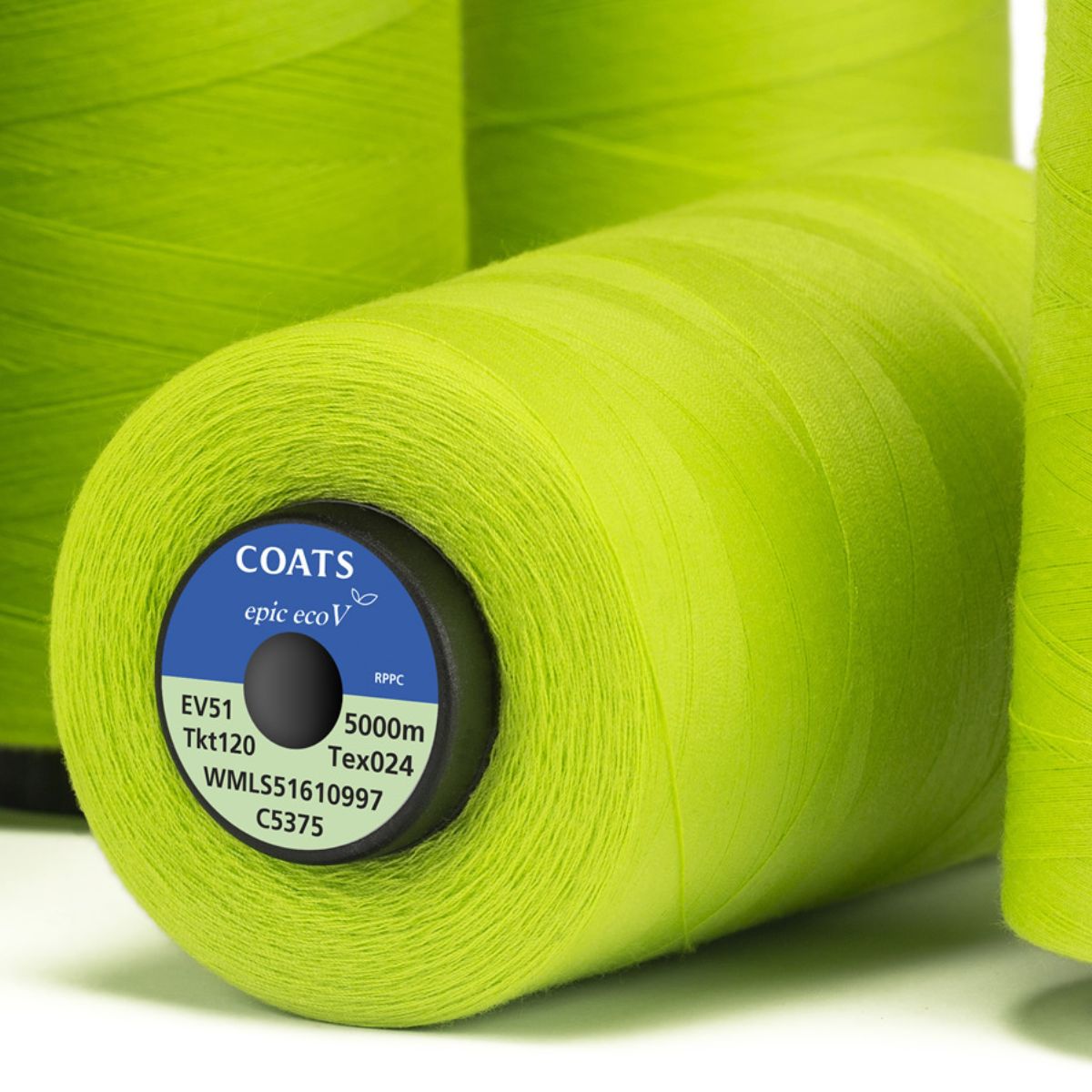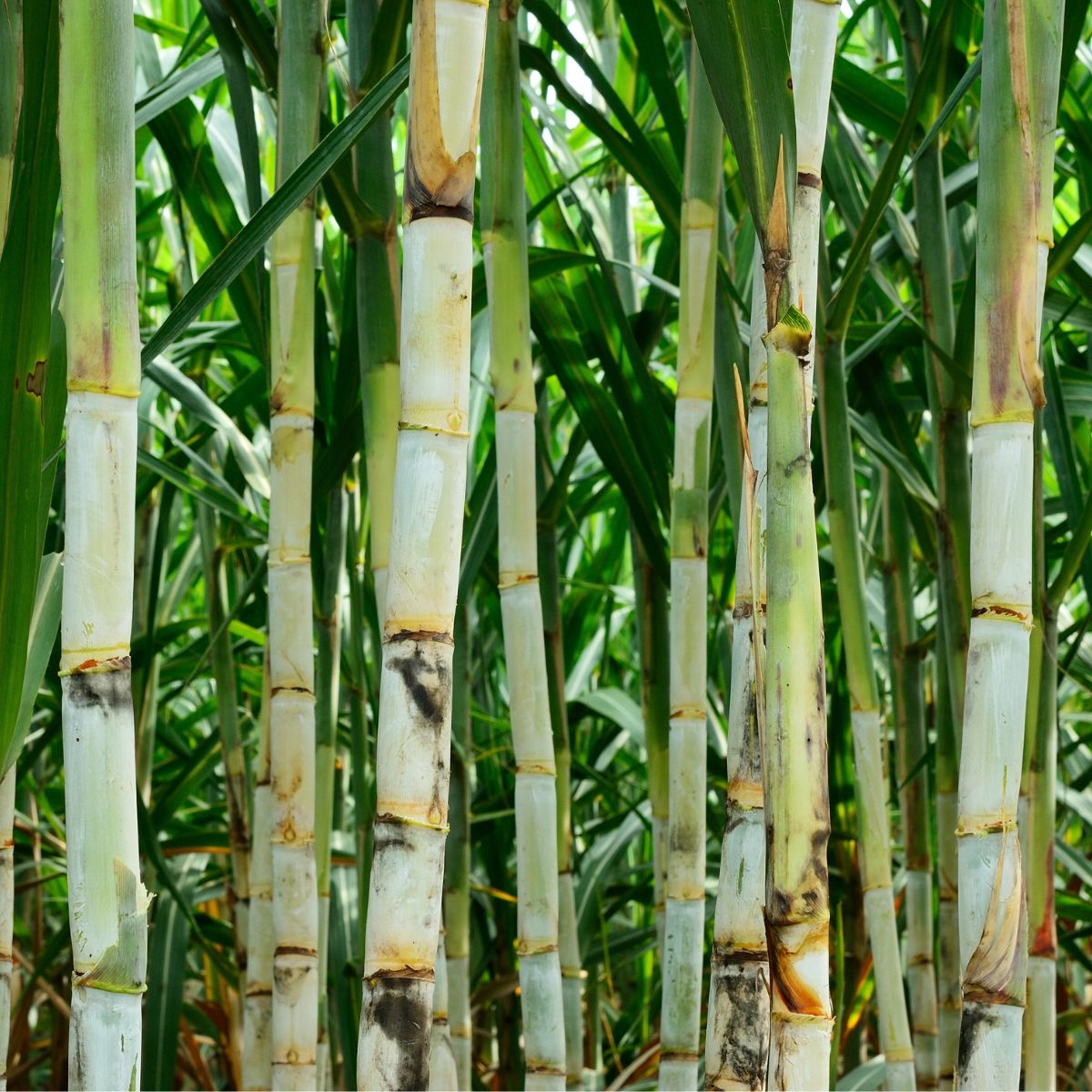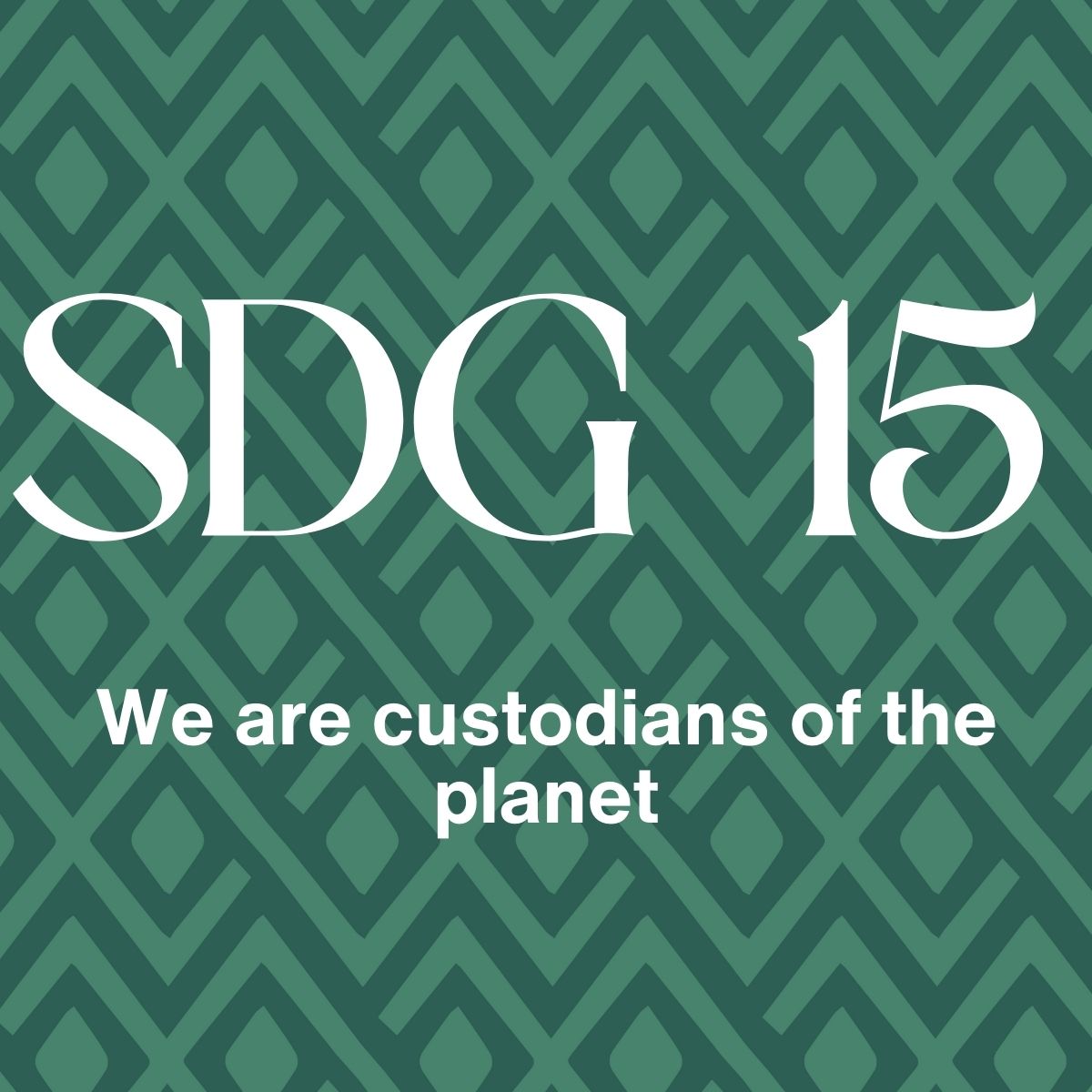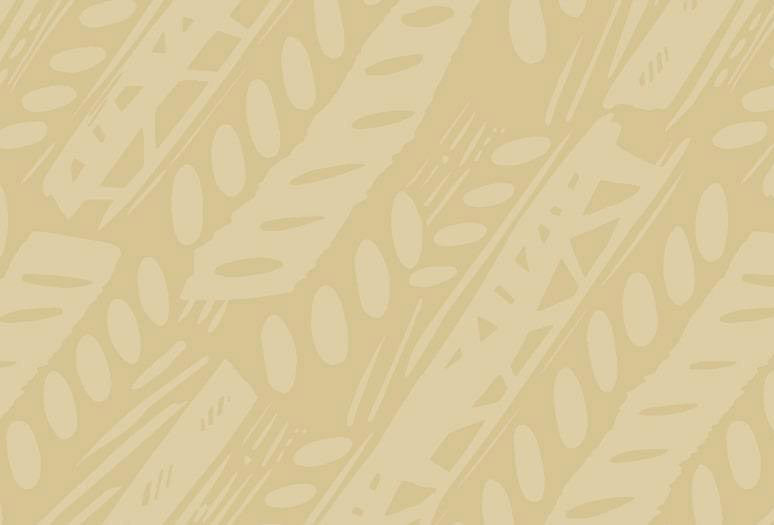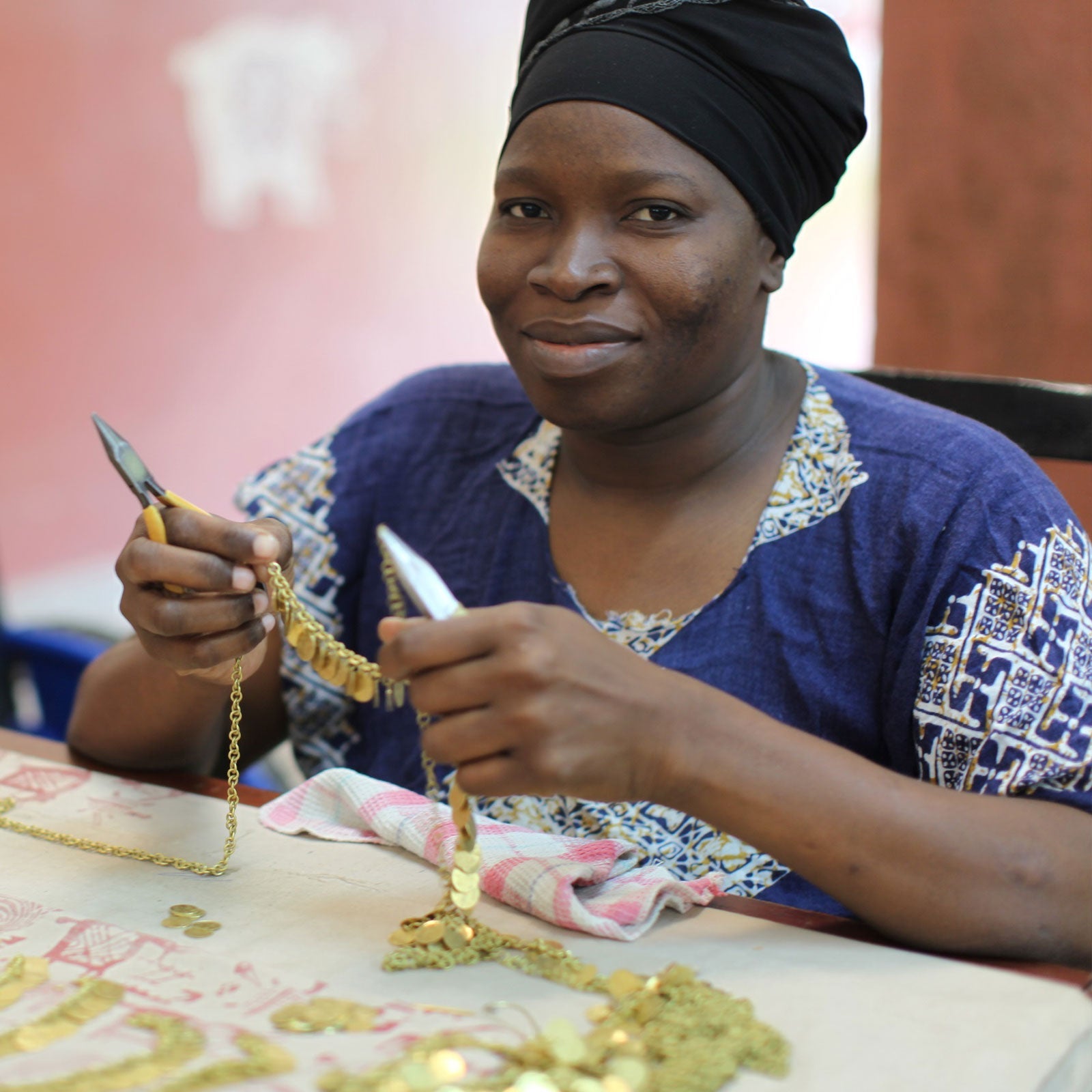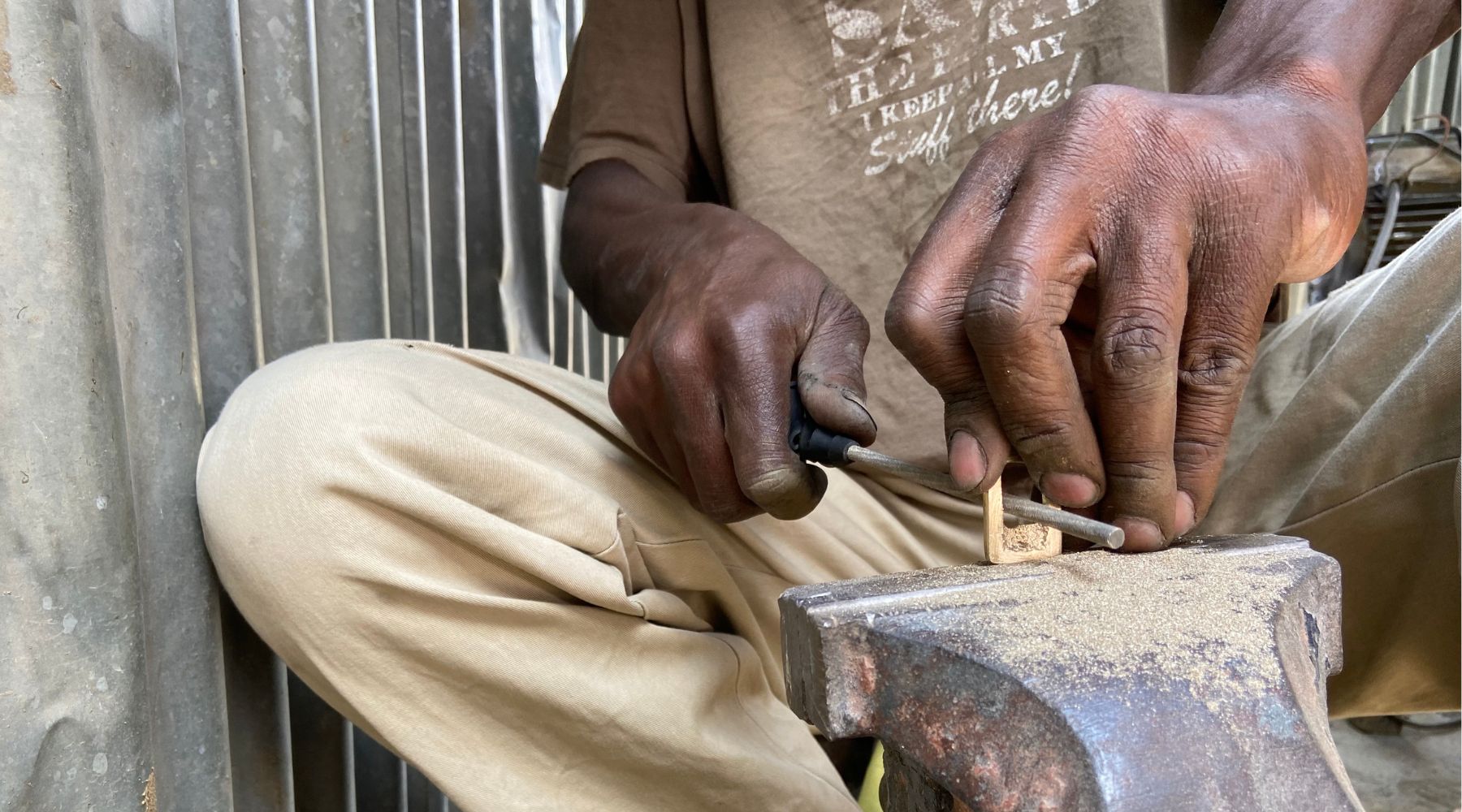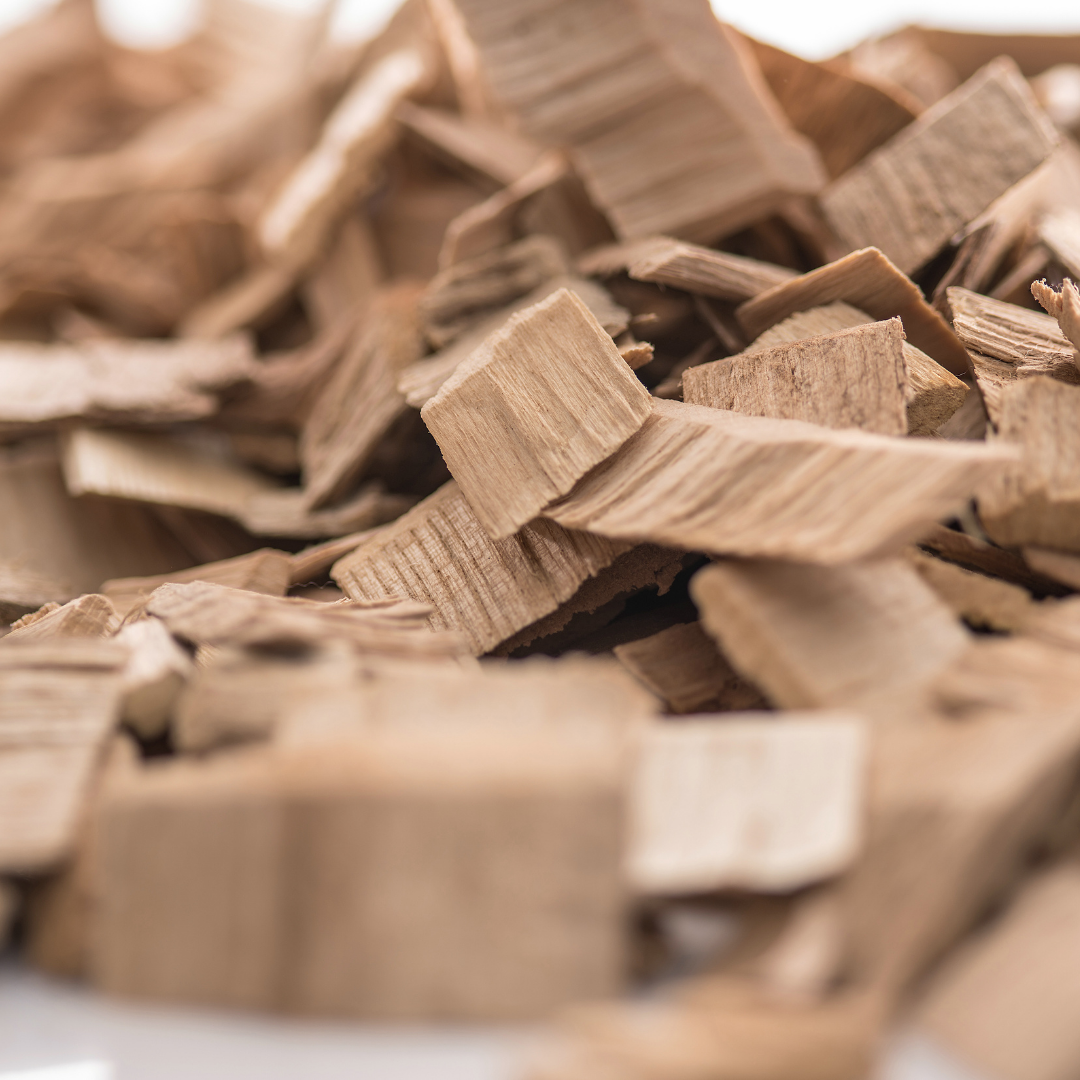
Our Materials
Approximately 73% of a garments’ ecological footprint is produced during production with the remaining 28% produced in transport, warehousing and washing (https://www.mckinsey.com/capabilities/sustainability/our-insights/sustainability-blog/refashioning-clothings-environmental-impact) which is why we use sustainable fabrics and components in our all our products. .
We mindfully select materials that have a minimal environmental impact to conserve the planet's resources. Additionally, our designs prioritise durability, circularity, and comfort, emphasising reuse, upcycling, and the use of recycled materials. (To learn more about our waste reduction and circularity initiatives. refer to our Period Poverty Page).


